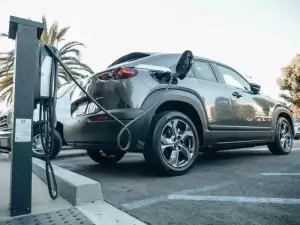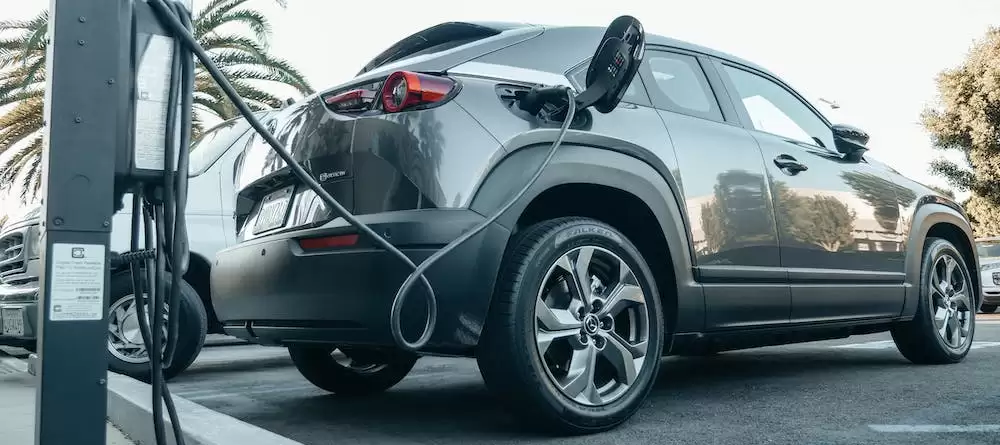 Opens Applications for First Round of $2.5 Billion Program to Build EV Recharging Stations
Opens Applications for First Round of $2.5 Billion Program to Build EV Recharging Stations
Washington D.C. – The first round of a $2.5 billion program to build electric vehicle (EV) recharging stations across the United States. This initiative aims to expand the country’s charging infrastructure, promote the adoption of electric vehicles, and reduce carbon emissions.
The program is part of the Administration’s broader effort to address climate change, create jobs, and improve infrastructure. It will provide funding to states, localities, and other organizations to install EV charging stations along highways, in urban areas, and in rural communities. The funding will also support the development of innovative charging technologies, such as wireless charging and fast-charging stations.
“Electric vehicles are the future of transportation, and this program will help accelerate their adoption by making it easier and more convenient for people to recharge their vehicles,” said Transportation Secretary Pete Buttigieg. “By expanding the charging infrastructure, we will also create new jobs and reduce carbon emissions, advancing our efforts to tackle climate change.”
The program has already received significant interest from a range of stakeholders, including state and local governments, utility companies, EV manufacturers, and non-profit organizations. The Administration expects to fund a diverse range of projects, including:
The installation of charging stations along major highways and in public parking lots and garages
The development of new charging technologies, such as wireless charging and ultra-fast charging stations
The expansion of charging infrastructure in rural and underserved communities
The deployment of charging stations for commercial fleets, including buses and delivery trucks
Applications for the first round of funding are now open, and interested parties are encouraged to submit proposals by May 31, 2023. The Administration will review the applications and award the grants later this year.
Energy Secretary Jennifer Granholm. “By investing in EV charging infrastructure, we can create new jobs, reduce carbon emissions, and ensure that every American has access to affordable, reliable, and sustainable transportation.”
The hopes that this program will help the United States transition to a more sustainable transportation system, one that relies less on fossil fuels and more on clean, renewable energy. By supporting the development of EV charging infrastructure, the Administration is helping to create a more resilient, equitable, and prosperous future for all Americans.
For more information on the program and how to apply, please visit https://highways.dot.gov/.
Program to Build EV Recharging Stations
- Applications are open for the first round of a $2.5 billion program to build electric vehicle (EV) recharging stations across the United States.
- The program aims to expand the country’s charging infrastructure, promote the adoption of electric vehicles, and reduce carbon emissions.
- The funding will be provided to states, localities, and other organizations to install EV charging stations along highways, in urban areas, and in rural communities.
- The program will also support the development of innovative charging technologies, such as wireless charging and fast-charging stations.
- The initiative is part of a broader effort to address climate change, create jobs, and improve infrastructure.
- Applications for the first round of funding are open until May 31, 2023, and the grants will be awarded later this year.
- The program has already received significant interest from various stakeholders, including state and local governments, utility companies, EV manufacturers, and non-profit organizations.
- The program is expected to fund a diverse range of projects, such as the installation of charging stations along major highways and in public parking lots, the development of new charging technologies, the expansion of charging infrastructure in rural and underserved communities, and the deployment of charging stations for commercial fleets.
- The program aims to help the United States transition to a more sustainable transportation system, one that relies less on fossil fuels and more on clean, renewable energy.






